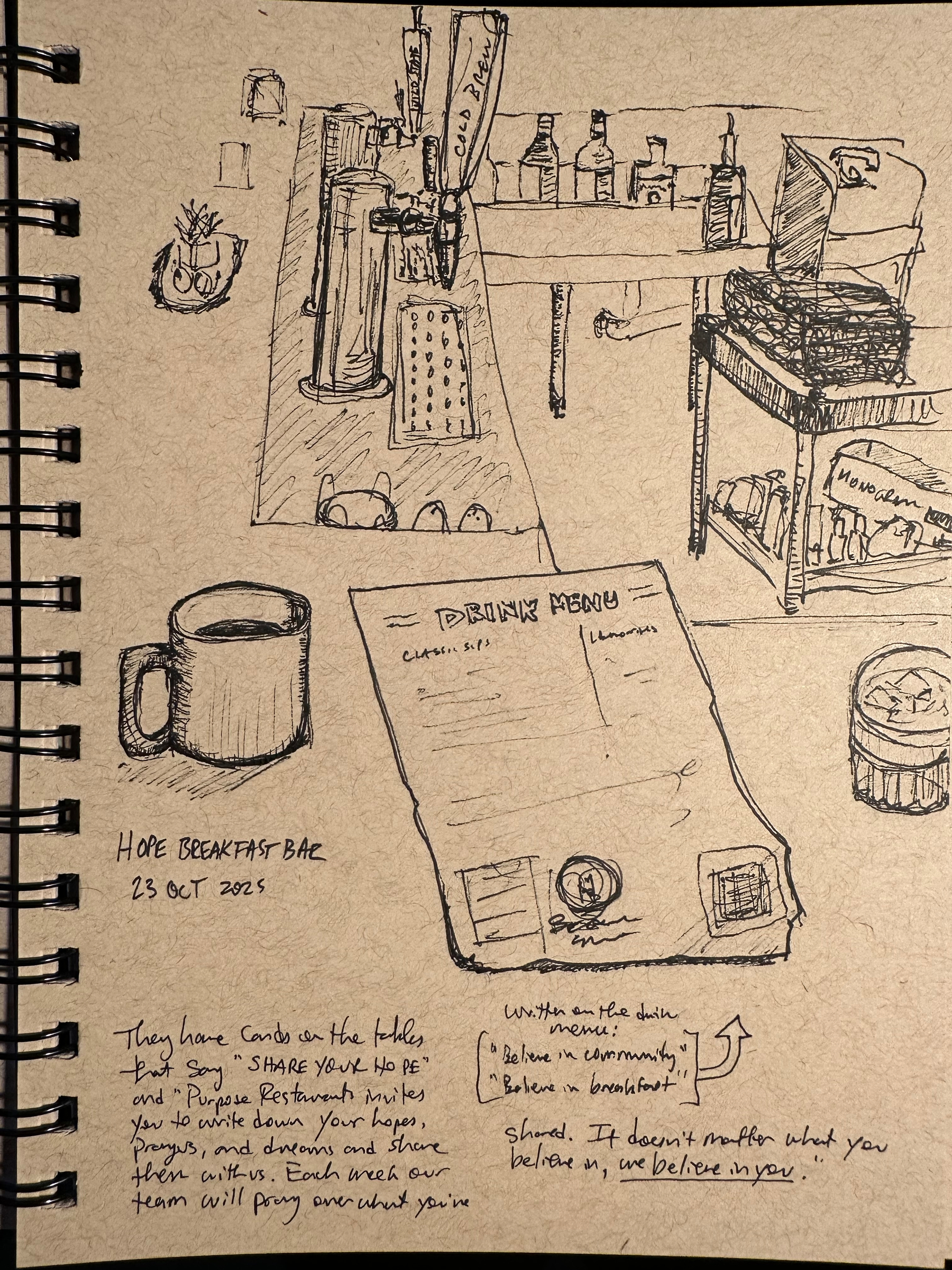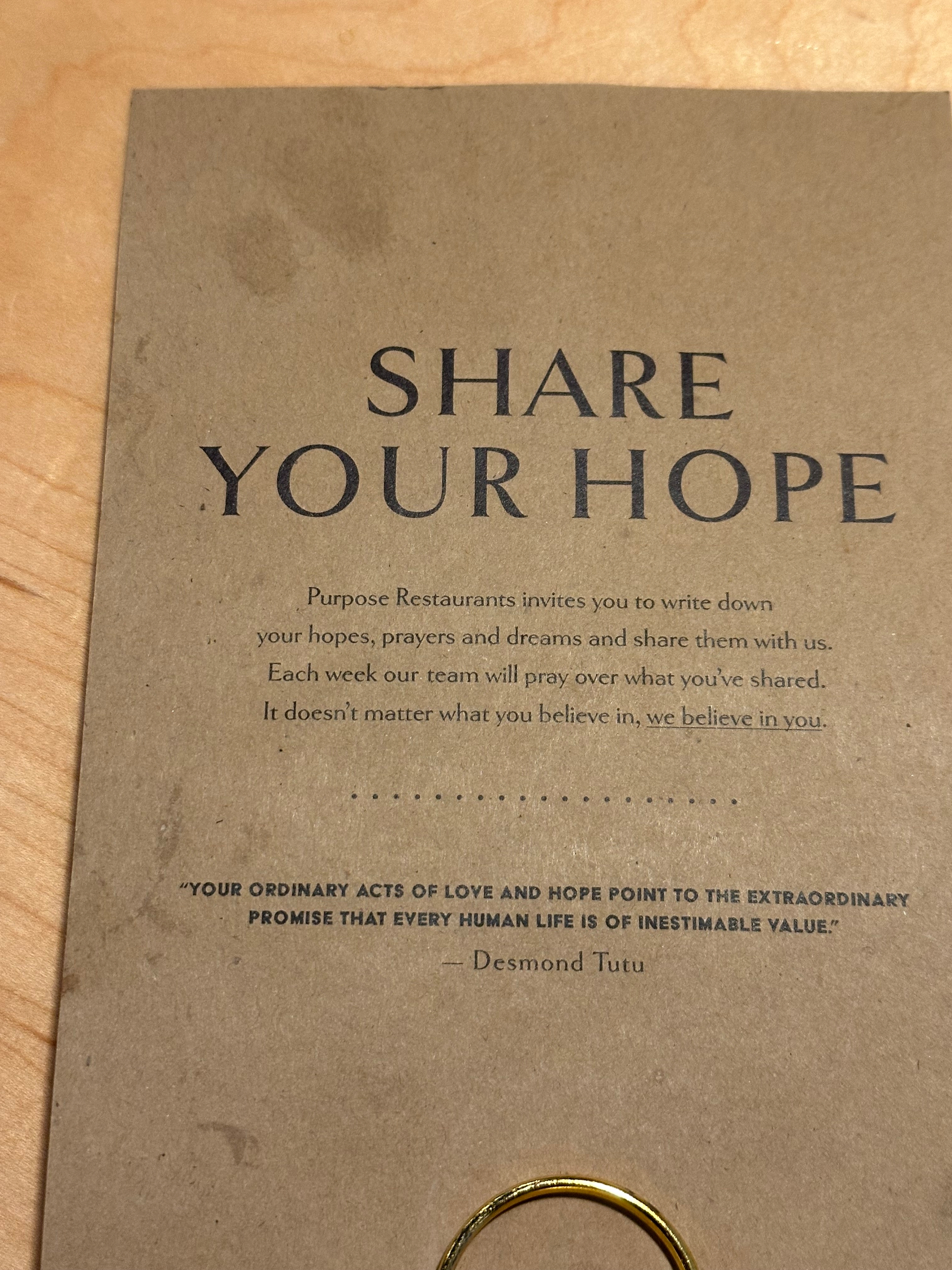Snowflakes
A page in one of the books I am writing for my grandchildren. One of them saw snow for the first time ever this weekend. So I wrote about that, and drew some pictures, and talked a little about how I have learned art and math and science. And about the beauty that emerges in each of those, and in nature.
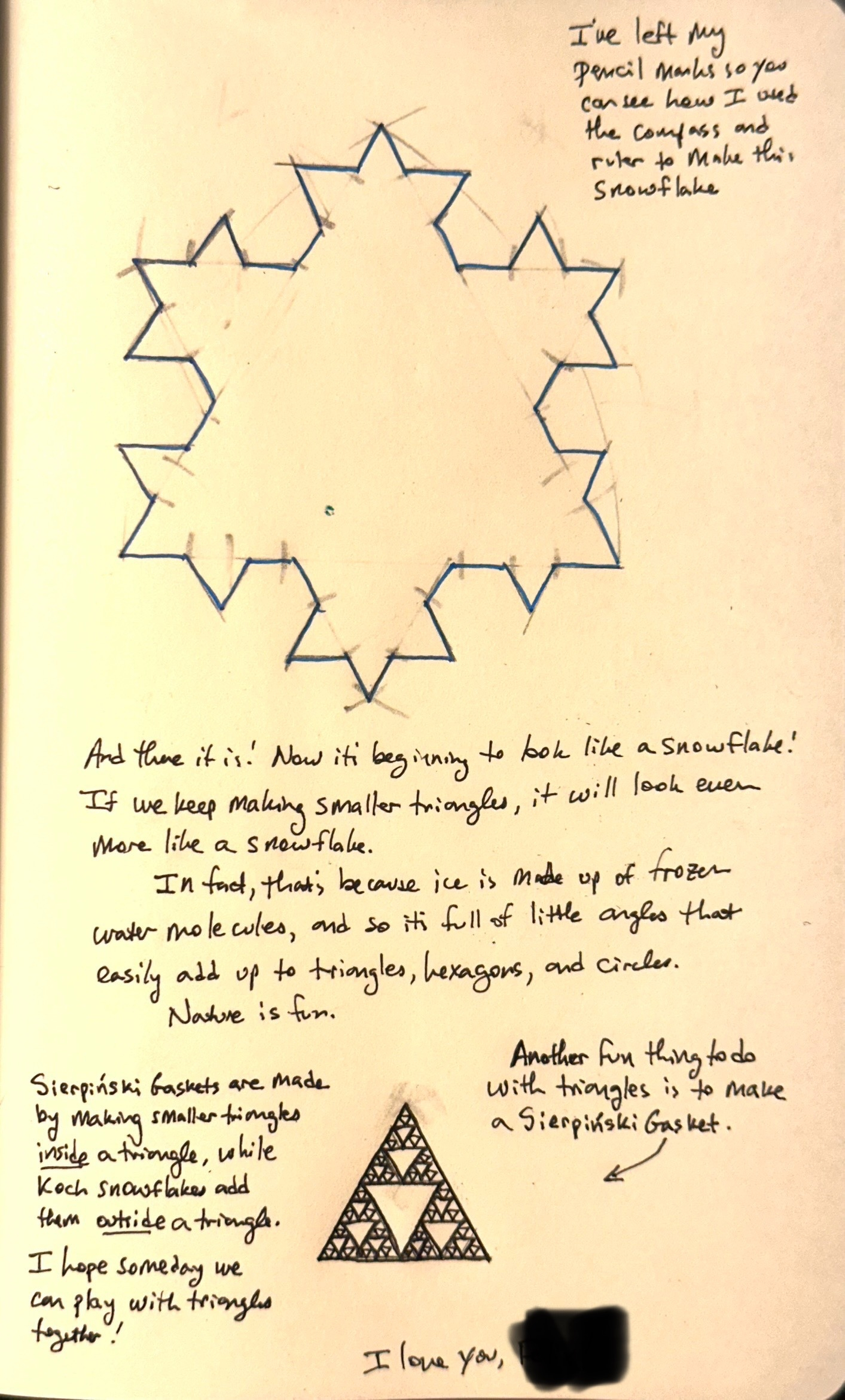
Serviceberries in my garden, yesterday and today. Today my garden got its first blanket of snow.
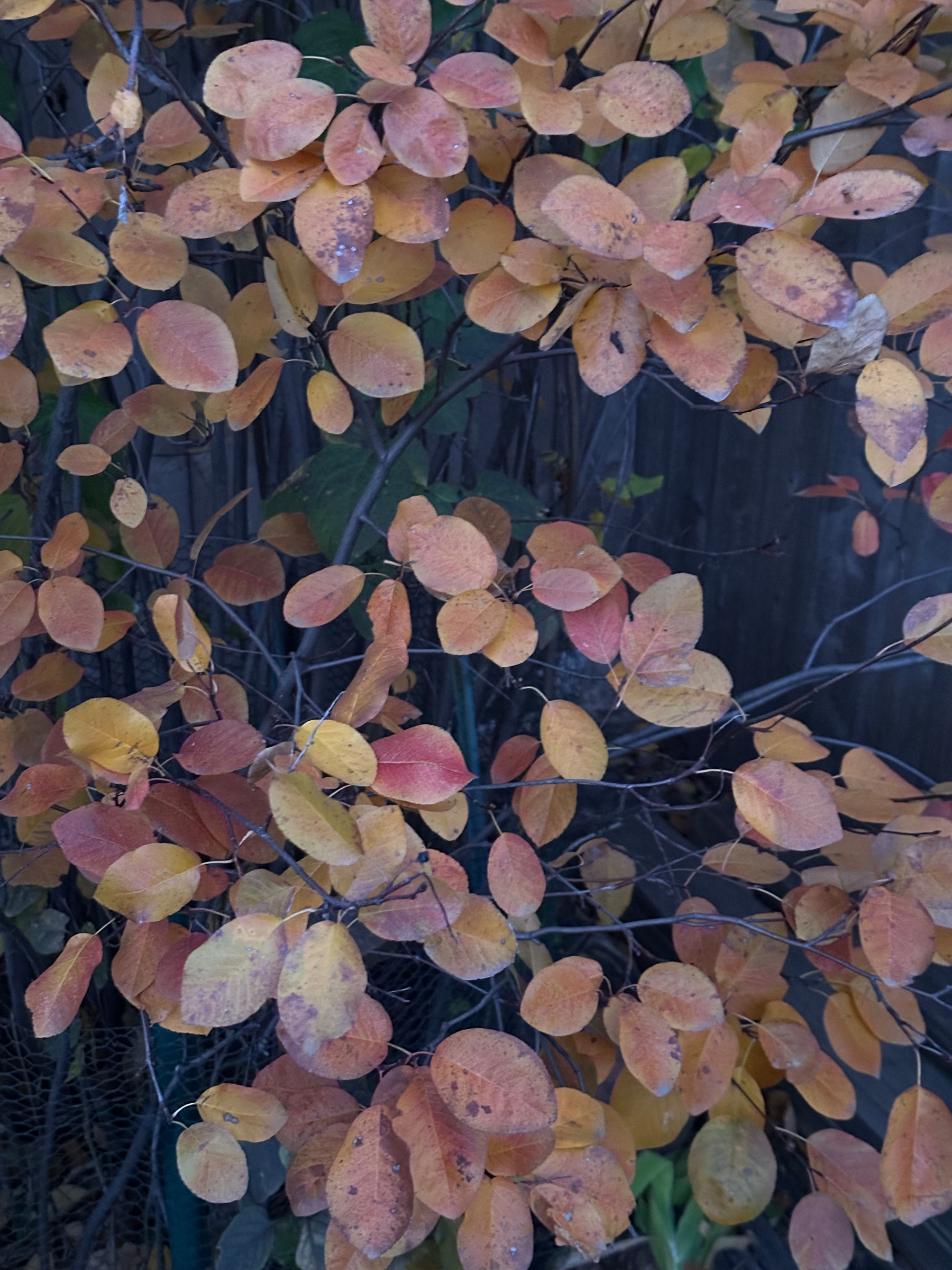
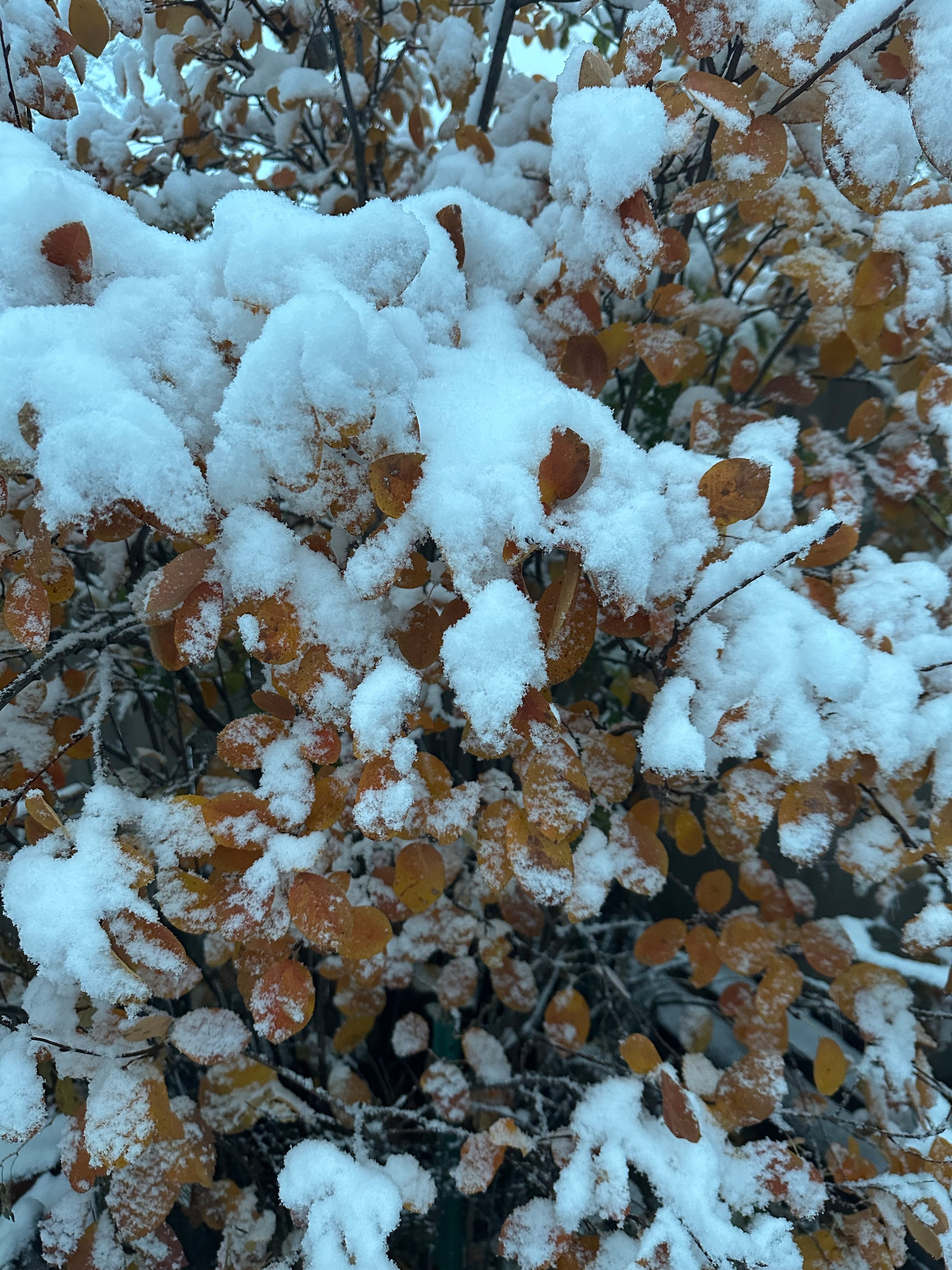
Teaching outdoors
Scenes from this morning’s Environmental Philosophy class. We read some Plato, some Henry Bugbee, a little about Maori philosophy, and poems by Billy Collins and Gary Snyder. I also brought hand warmers and a backpack full of wool and extra layers to share. It was warm in the sunlight, and we got to enjoy the shifting colors of autumn.


Moses watches the chapel renovation
A morning sketch and watercolor of the view outside my office window. I used this to teach my students who came to my office hours, and to let them know that I am still learning, even at my age and rank. And to show them what I hope they will do in their own journals. What treasures are to be found right in front of us today?
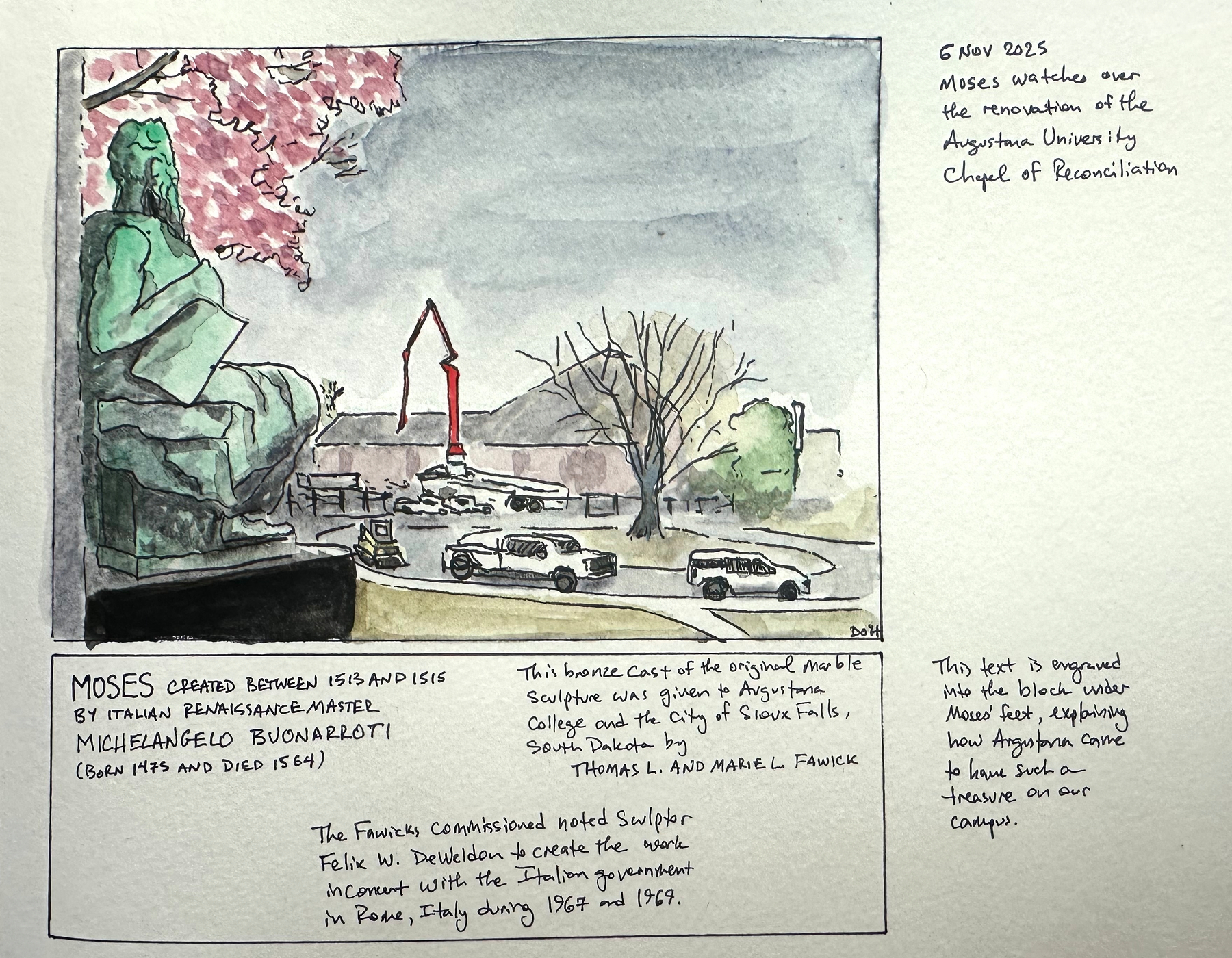
The (Textbook) Rent Is Too High
Looking at the cost of informal logic / critical thinking textbooks for my students next spring and it’s absurd how expensive they’ve become. A big part of that is they all want to integrate with an LMS. But seriously, $150 for a textbook they won’t likely keep, or a similarly high price for one they will rent is ridiculous.
Thinking I will simply write my own text (I’ve been teaching logic for 25 years now, have loads of notes and references) using AI to clean it up for LMS integration.
Cost to my students: zero.
Benefit: combination of long experience and current topics and examples.
A link to my (unfortunately paywalled) article on Medium about religion and robots. Also for my students!
A link to my article on what I saw at NeurIPS last year. Putting it here to make it easier for my students to find it!
Today’s sketch, made while listening to a lecture. Decided to try drawing my own hands, my pen, and my sketchbook. Practice, practice, practice.
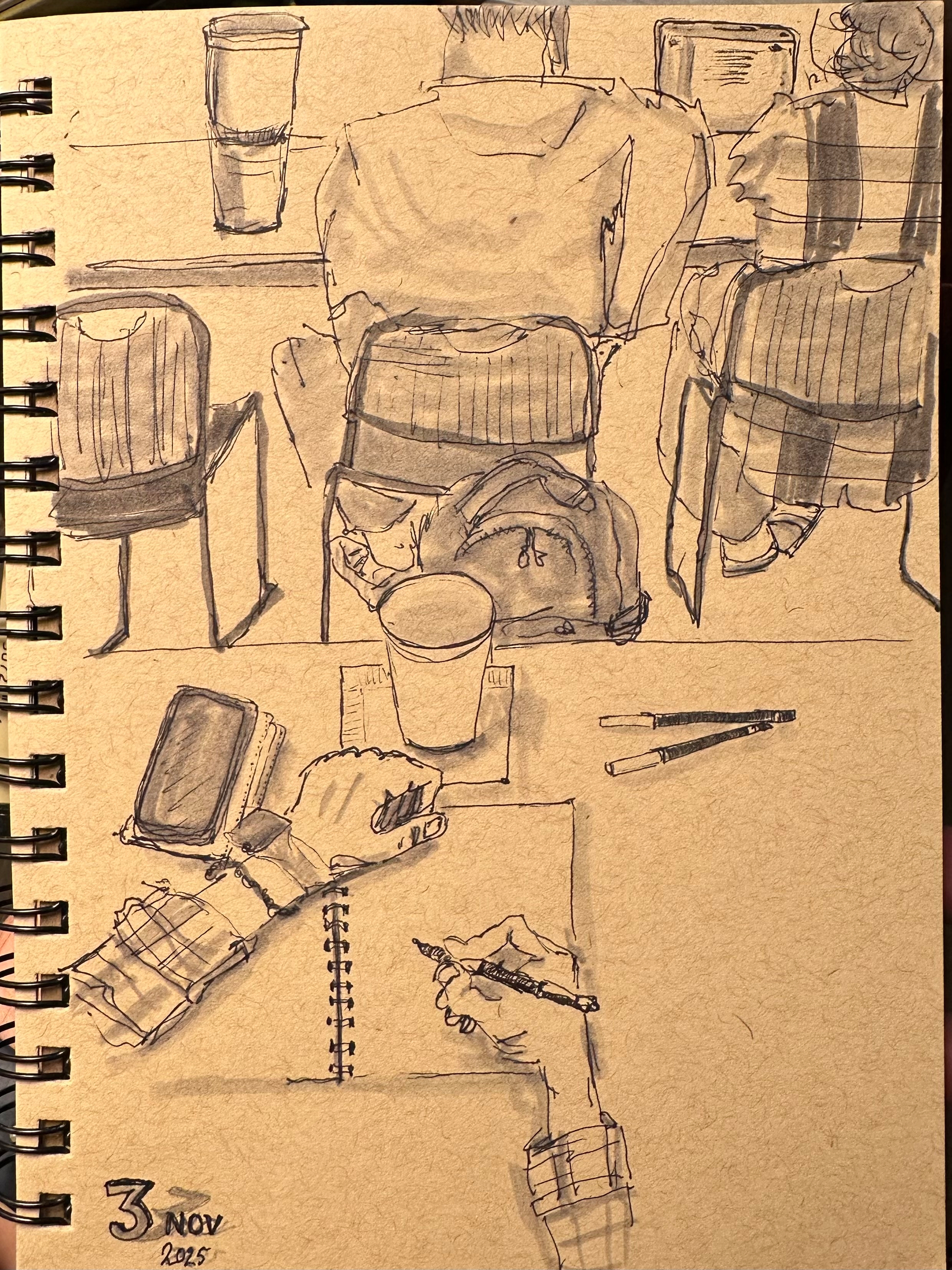
My wife recognizes the subject so I feel pretty good about this portrait.
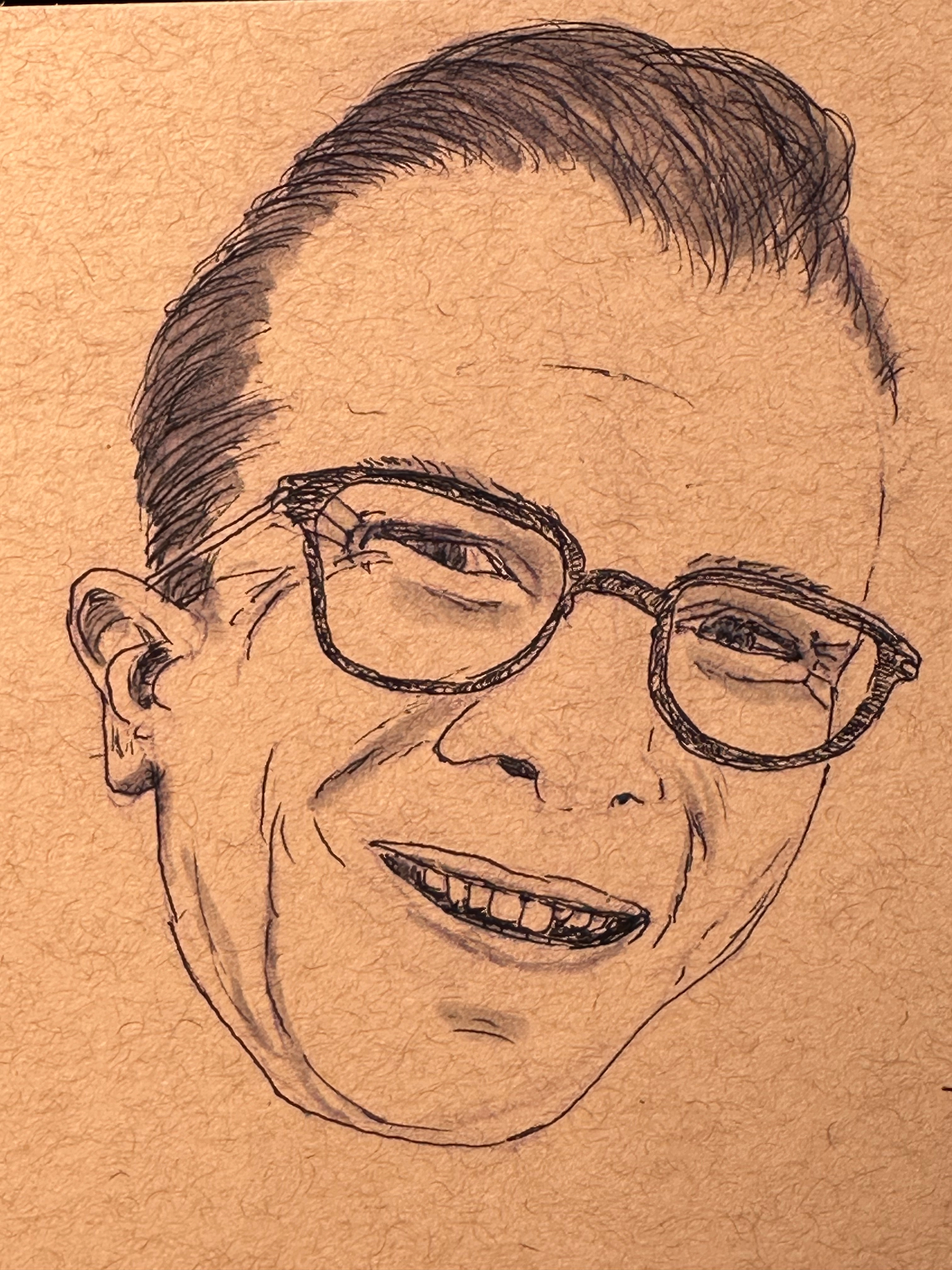
A page of single-line sketches
Some single-line sketches from the past few days.
I carry this notebook with me almost everywhere these days, and use it to try to make quick renderings of what I see.
I’ve been experimenting with different media and different techniques, and each one has (I think) made me a better artist.
I think they’ve also made me a better scientist, a better philosopher, and a better teacher.
Perhaps most importantly: this practice has been a lot of fun. It feels good to do it, and it helps me slow down and see the beauty all around me.
It’s also interesting to see the accessibility descriptions that micro.blog automatically generates. When it recognizes what I have sketched, it’s a nice affirmation of my growth as an artist.
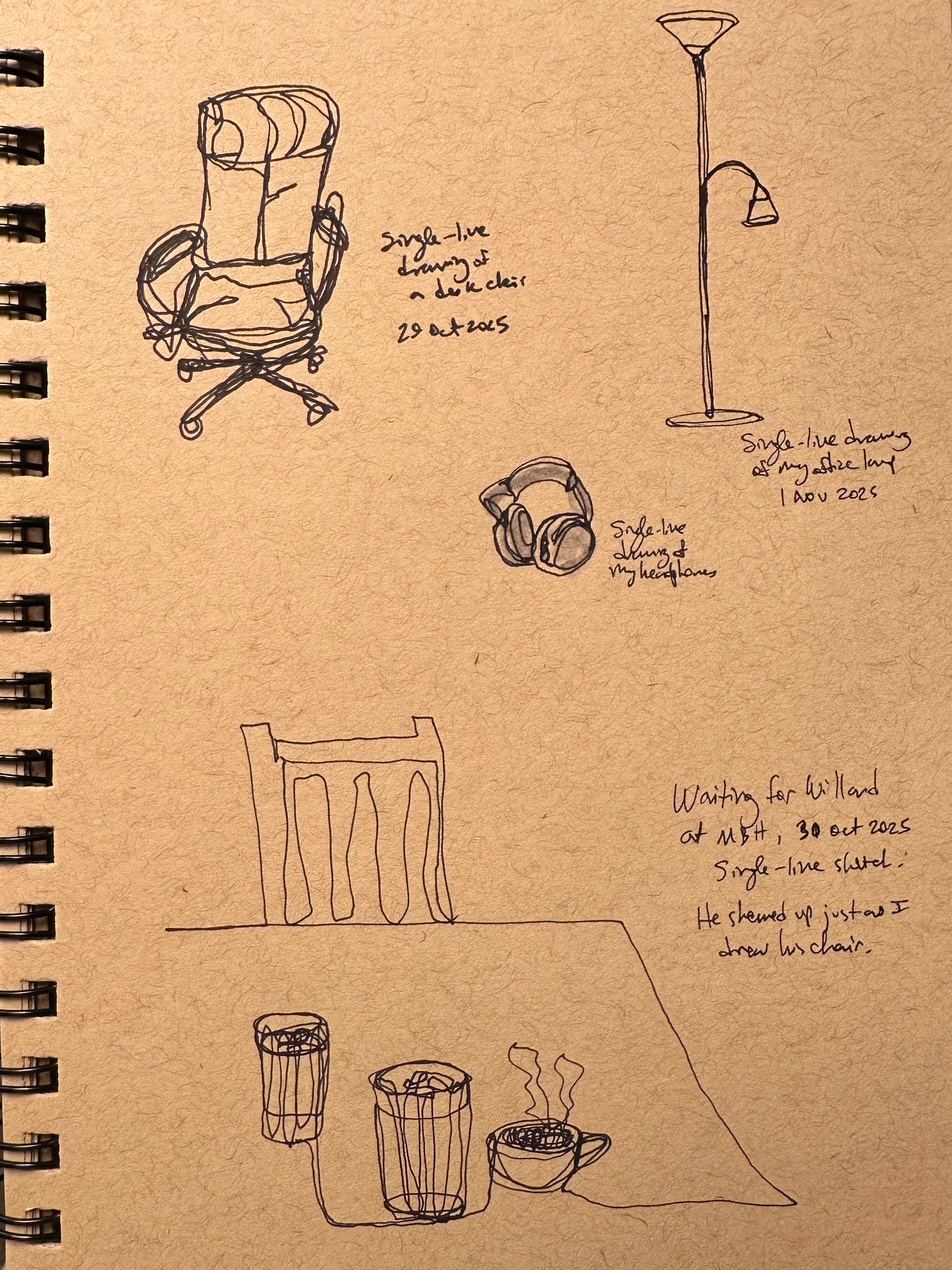
Today’s shelfie. These are books I used in teaching today.
Your challenge is to guess what I teach.
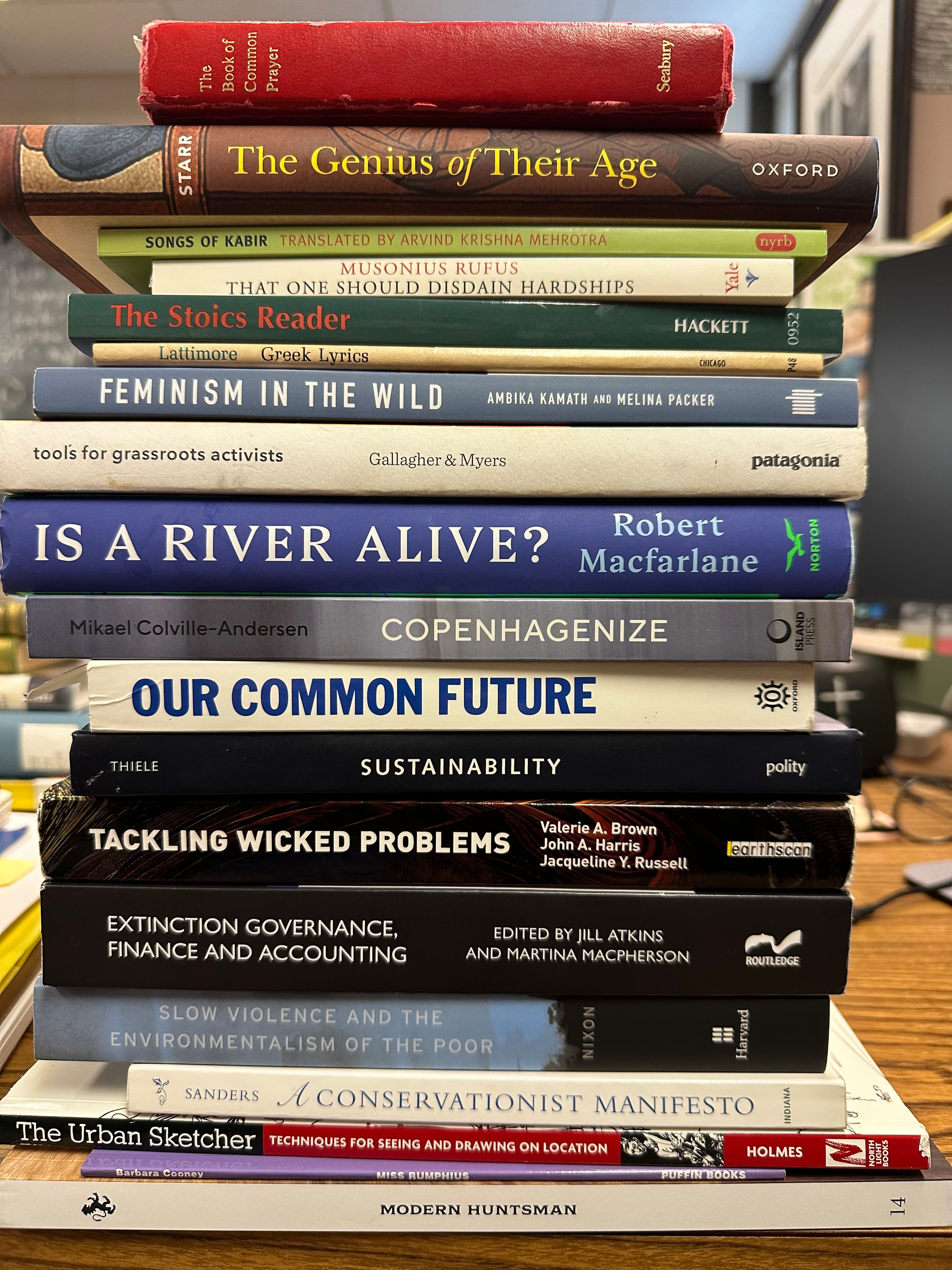
Shelfie.
These are books that I’ve brought to class this week or have pulled off the office shelves for discussions with students. Quite a few others have already been reshelved.
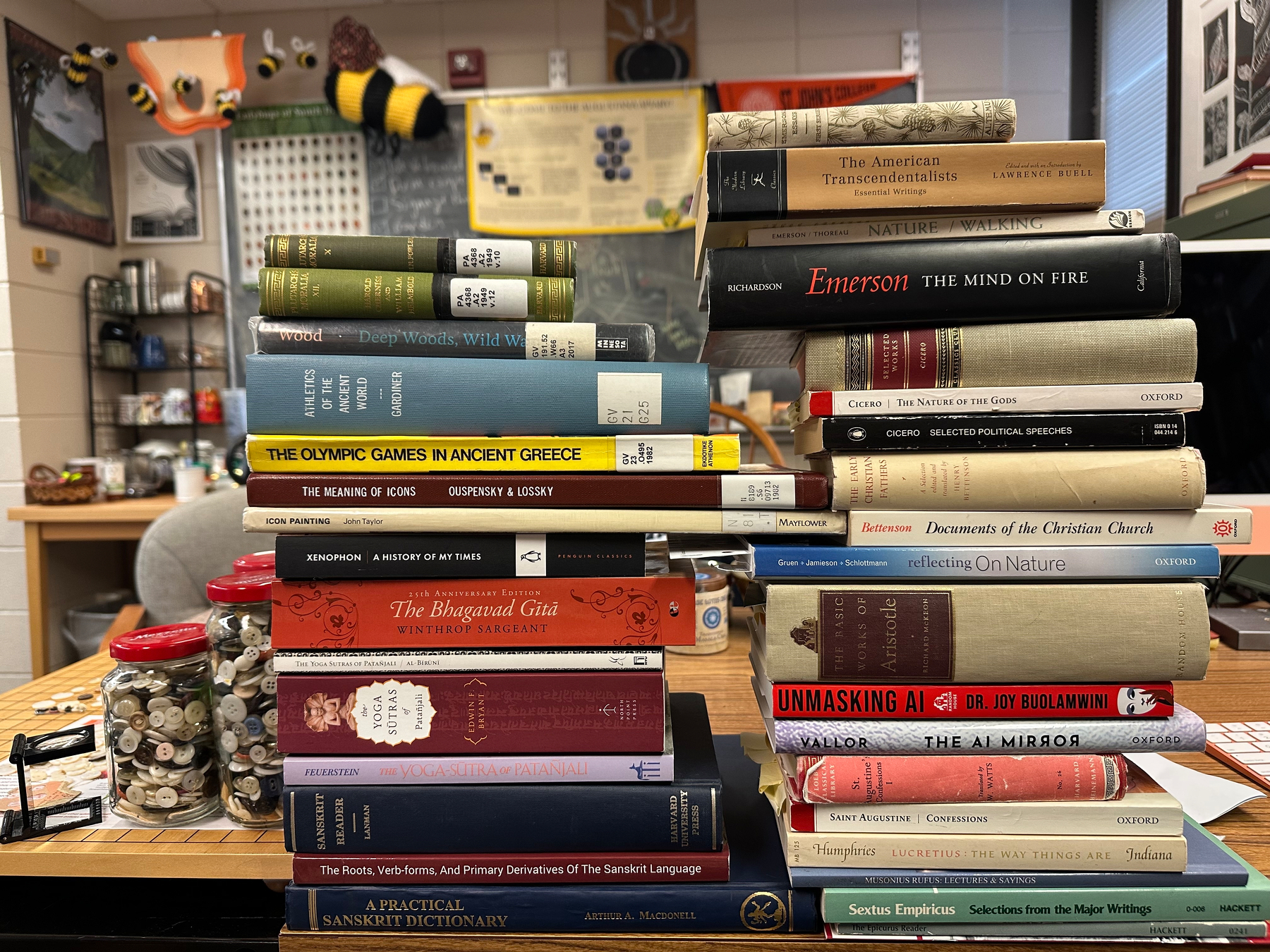
Myths as Containers of Insight
“Like a woven basket or a clay pot, a story is a container. It provides a shape for holding some character, some act or insight, some lesson we can’t afford to lose.” (Scott Russell Sanders)
Sanders says we are a storytelling species, that we make sense of the world through myths and stories.
Aristotle, two thousand years before Sanders, says “A man who is puzzled and wonders thinks himself ignorant (whence even the lover of myth is in a sense a lover of Wisdom, for the myth is composed of wonders.)”
(The words from Scott Russell Sanders are from the chapter entitled “The Warehouse and the Wilderness” in A Conservationist Manifesto. p 74. Indiana University Press, 2009. The words from Aristotle are taken from his Metaphysics, 982b, and the translation is from The Basic Works of Aristotle, Richard McKeon, ed. New York: Random House, 1941). That phrase “love of wisdom” is another way of saying “philosopher.”
The longer I’ve taught philosophy the more strongly I believe that it is a mistake to teach it outside of historical and cultural context.
Litany of Joys
Some of today’s delights:
- Chance meeting with a friend I haven’t seen in years, and who is flourishing in a new job.
- A quick visit with an alum who is doing great things with her life.
- Tea with an old friend who has also been an informal mentor.
- Dinner with two friends whose company and conversation fill my soul. (The food was also awesome!)
- Exchange of texts with a few other friends, with the plan to see one of them tomorrow.
Had so much fun I didn’t take photos or sketch, just enjoyed good company and good conversation.
Friendship is like manna.
One of the highlights of my week: singing a lullaby to my grandson in harmony with my son.
Prairie chicken sketch in my notebook.
Sitting at a conference session today I decided to sketch something from memory. Feeling pretty good about how this bird turned out.
The AI alt text reads “A whimsical sketch of a bird with bold lines and subtle color hints appears on lined paper.”
I’ll take it.
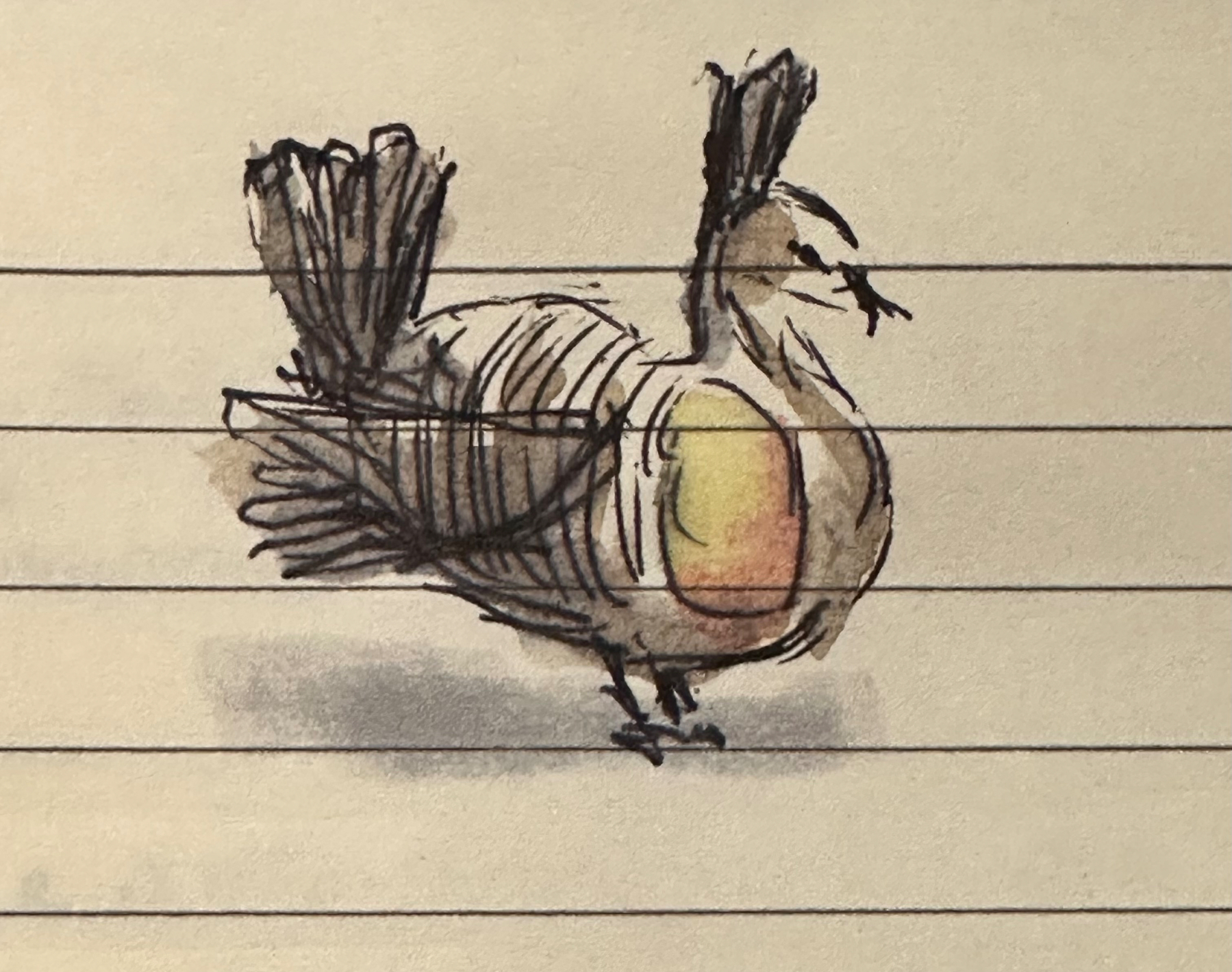
Today’s breakfast sketch: Hell’s Kitchen
I have two notebooks open in front of me as I eat slowly. One is a sketchbook, one is lined paper.
Together these books are a place for reviewing yesterday’s conference sessions and conversations. And they’re a good preparation for what I might learn today.
Yesterday I had the joy of hearing one of my alums give a talk about the sustainability business she started at my university. She spoke frankly about her joy in doing good, and her frustrations at the lack of support she had when trying to save money for her alma mater and to do good for the community. This kind of work is not just about making money or solving some discrete problem. It’s also about changing hearts, minds, habits, culture. It’s long work, with a long (and hopefully fat) tail. And I think it is worth it. She and I both want to be good neighbors now, and good ancestors to those who won’t be born for another seven generations.
As I eat slowly in this quiet place, as the city around me wakes up, I am mindful of the people who live here now, and hopeful that we can make a positive difference not just for our neighbors but for all who will someday live here.
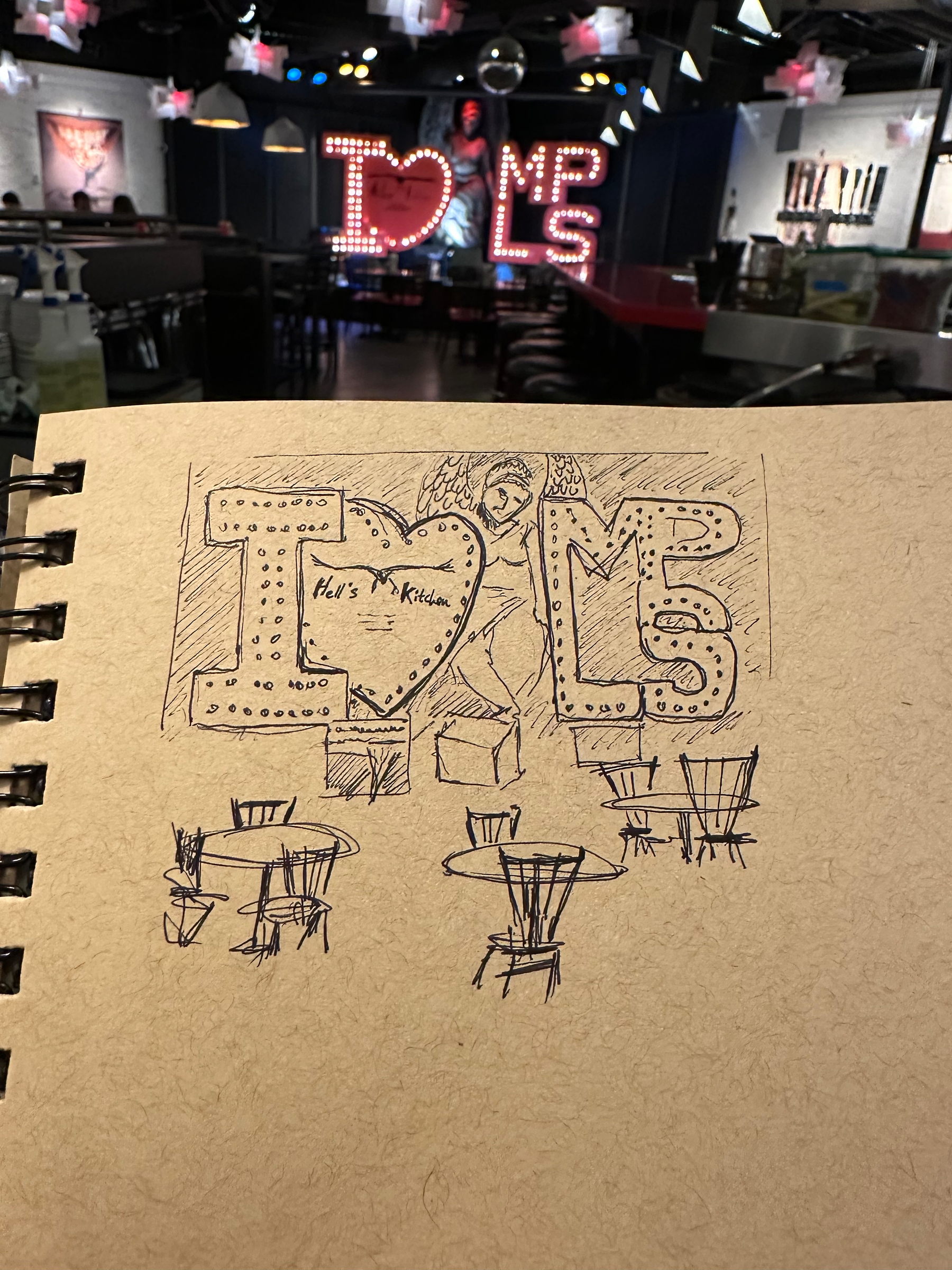
20 Minute Pallet Bench
My philosophy student and I made a garden bench by salvaging a long pallet from the trash on campus.
We got a bench out of it, but he also learned how to use tools he hadn’t used before, and he got a lesson in tinkering, and in upcycling.
We throw away a lot of pallets, and lots of other things that could find second uses.
And too often in our quest for efficiency in education we discard opportunities.
I’m glad to have participated in this twenty minutes of salvaging both the wood and the learning.
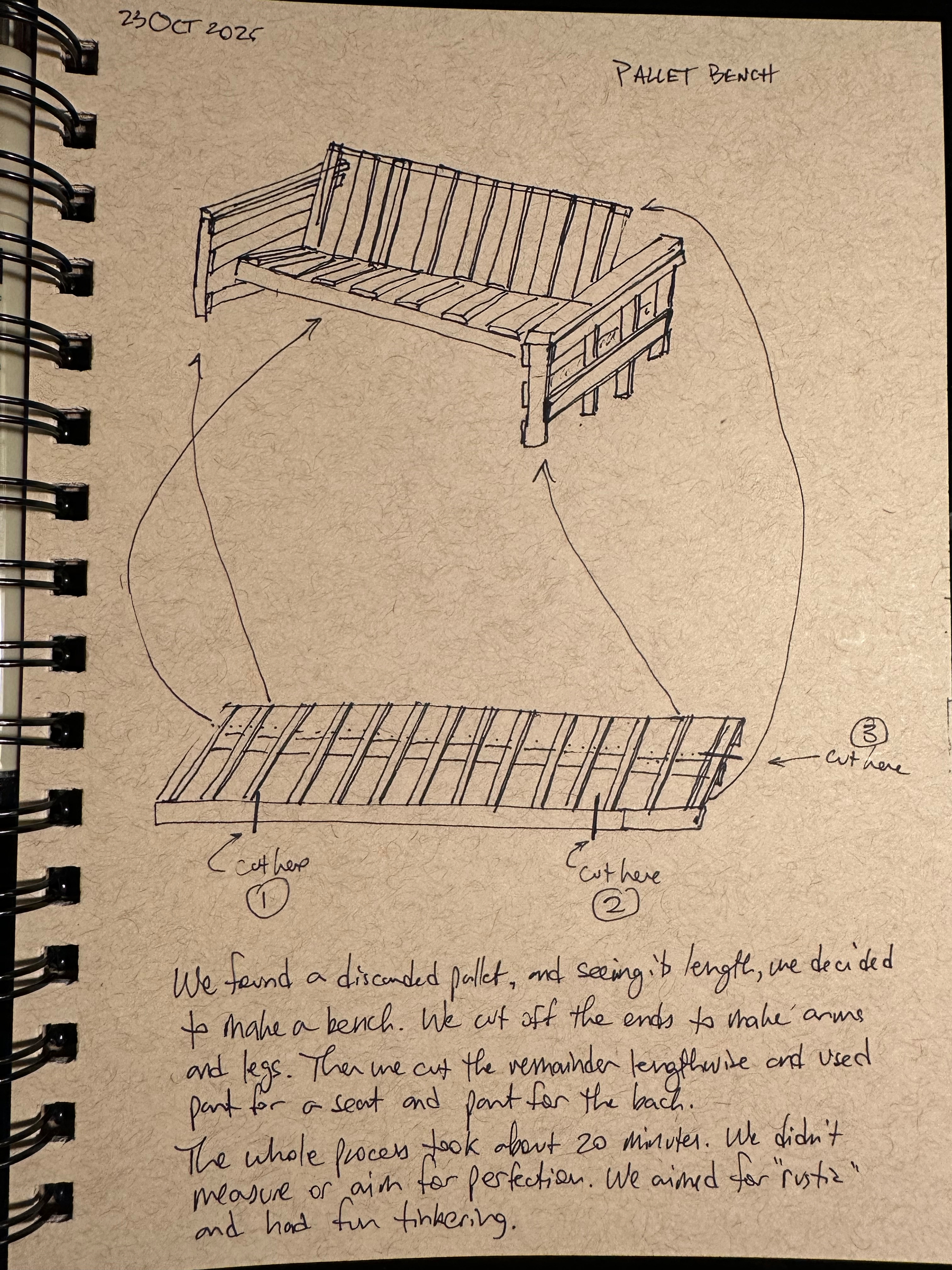
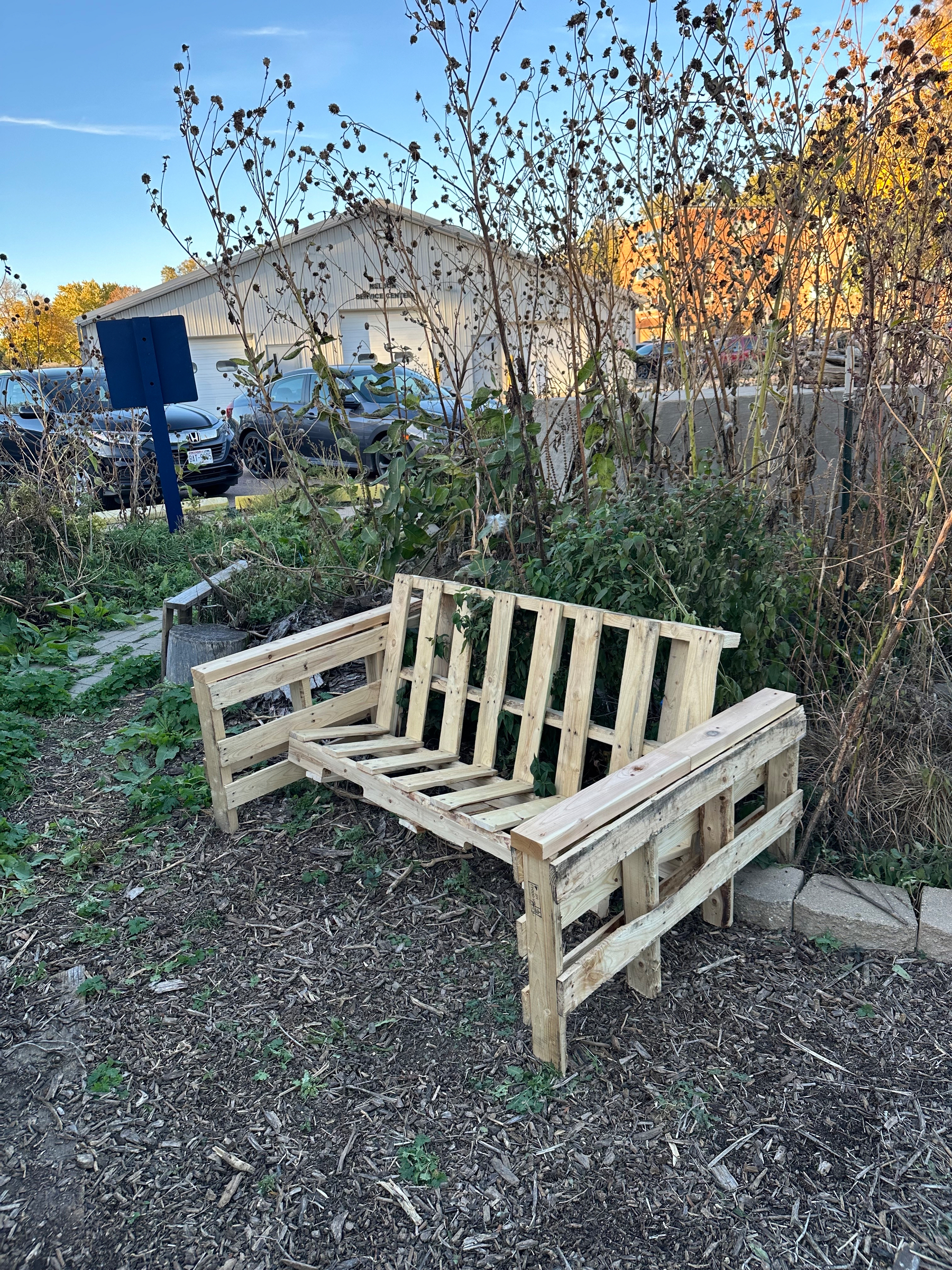
Sketch: Hope Breakfast Bar
Quick sketch while waiting for some friends to arrive for breakfast in Minneapolis. The cards on the table suggest that the place is driven by something more than making money by selling food. They’re making a place. They also have a one hour limit on their tables (understandable) so it’s a place with limits.
